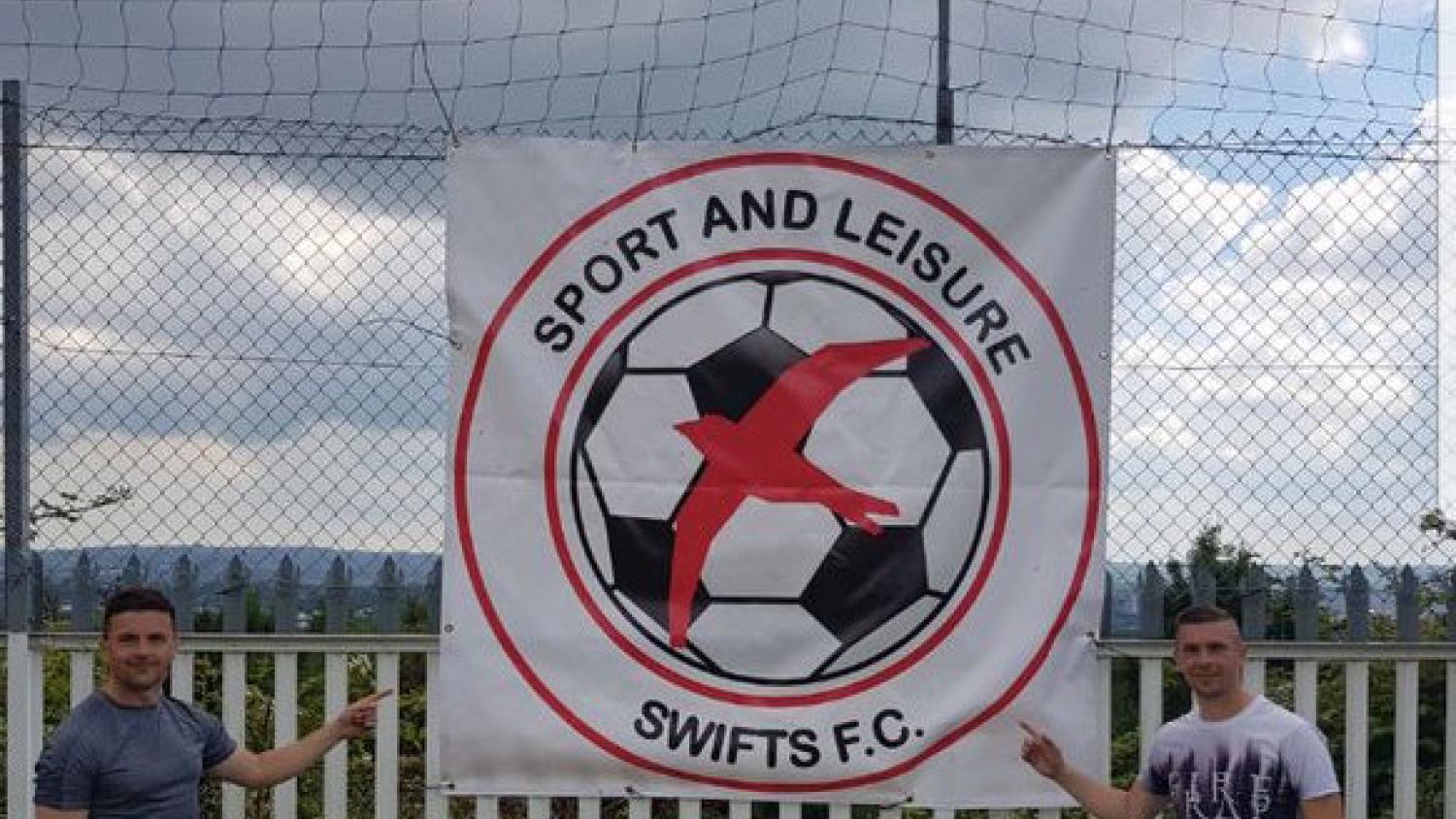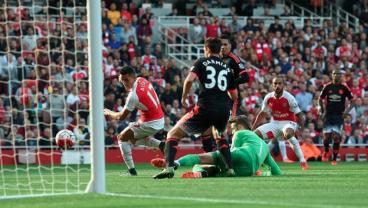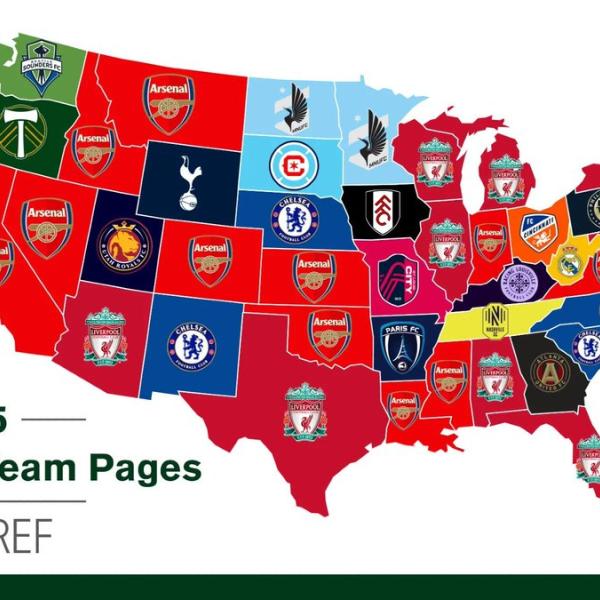The north of Ireland has been the epicenter of a religious struggle between Protestants and Catholics for centuries.
Although this battle has thankfully evolved from open warfare as recently as “The Troubles” of the 1970s and 1980s into a back-and-forth between political parties associated with the respective Christian faiths, sectarianism certainly remains an issue in the region also known as Ulster. The issue has become more about “Irish-ness” versus “British-ness” than religion itself, particularly within the context of “Brexit,” Britain’s vote to leave the European Union. And, as it has enveloped nearly all aspects of life there, it has found its way onto the football pitch as well.
On the international level, members of the Northern Ireland team, including Neil Lennon (in the early 2000s) and, more recently, Niall McGinn, have been threatened with violence simply, it seems, for publicly expressing their Catholic roots by playing for Glasgow Celtic (McGinn is now in his second stint with Scottish club Aberdeen).
And, at club level, NIFL Premiership games between clubs such as Linfield, Glentoran and Cliftonville have had crowd trouble related to sectarian issues.
This despite the fact that the league is a semi-professional outfit.
Which is why the recently announced reboot of Belfast Celtic is worth watching.
Named after the Glasgow club, although not directly affiliated with it, Belfast Celtic was founded in 1891. It became known as a “Catholic” club and one that supported the cause of Irish nationalism, which advocates for the unification of Ireland as one country, independent of Britain. Belfast Celtic won what was then known as the Irish League 14 times before it withdrew from the competition in 1949, for political reasons.
The club continued to exist, though it didn’t play a competitive match, until 1952. It toured North America in 1948-49 and its final “friendly” was against Glasgow Celtic at Belfast’s Celtic Park in 1952. Their ground would serve as a greyhound racing facility until it was demolished in 1985.
Although the Belfast and Glasgow clubs didn’t have a formal relationship, the smaller Irish side did produce a number of noteworthy players, one of whom, Charlie Tully, started for the Parkhead side in the 1950s. Tully was sort of the George Best of his day — but from the other side of Belfast (literally and figuratively). Glasgow Celtic legend Willie McStay also finished his career with the Belfast side.
Now, beginning with the 2019 season, the West Belfast club Sport and Leisure Swifts will be rebranded Belfast Celtic, with the permission of the latter entity’s historical society. They hope to eventually play in the NIFL Premiership. At present, West Belfast is the only region of the city without a club in the country’s top league.
“We believe it our duty to represent the footballing community, football fans and current and prospective footballers at the highest level of football available and offered by the IFA,” Sport and Leisure Swifts directors said in a statement.
Given how one of the original Belfast Celtic’s last competitive matches ended in 1949, with a riot between supporters of the club and rivals Linfield moving from the stands to the pitch, injuring several players, the team’s return could have ramifications for the delicate political and social balance in Belfast, particularly as “Brexit” draws near (most Catholics in Ulster voted to remain in the EU while a large number of Protestants voted to leave).








